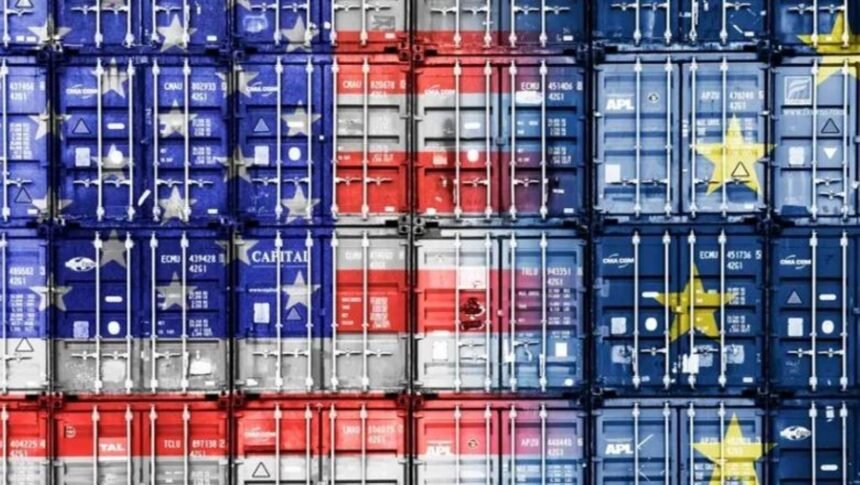The European Union is bracing for a potential trade conflict with the United States, as President Donald Trump has yet to implement his threats of imposing new tariffs on European imports, even though he has already announced tariffs of up to 25% on goods from Canada and Mexico.
Trump’s administration has expressed frustration over the trade deficit with the EU, accusing Europe of importing more from the U.S. than it exports. This imbalance, Trump calls a “shame,” and has previously suggested imposing tariffs on European automobiles to address this issue.
Germany, in particular, is sensitive to such measures, as it has deep economic ties with the U.S. automobile industry, with German automakers employing tens of thousands of workers in the U.S. If tariffs were imposed, German companies like Volkswagen could be significantly impacted, especially since many of them manufacture vehicles in Mexico and Canada for the U.S. market.
EU’s Response to Potential U.S. Tariffs
The EU is preparing to respond swiftly and strategically if Trump’s tariffs go into effect. The European Commission is ready to implement countermeasures, which could include higher tariffs on U.S. goods or measures targeting U.S. companies in Europe. The EU has also offered negotiations on areas such as increasing purchases of LNG or lowering the tariffs on U.S. cars. Currently, the EU applies a 10% tariff on U.S. vehicles, while the U.S. only charges 2.5% on European imports.
German Chancellor Olaf Scholz emphasized that the EU, as a powerful economic bloc, could respond to trade pressures with tariffs of its own. This approach aims to ensure the EU stands united and resilient against any potential punitive measures by Washington.
Political and Security Aspects of Trade Policies
Trump justifies many of his tariffs, including those on Mexico, Canada, and China, by citing issues like illegal immigration and drug trafficking. The EU, however, is prepared for the U.S. to use economic measures as political leverage, but it feels better equipped this time to withstand such pressures. The EU now has legislative tools such as a new law that enables it to impose swift counter-tariffs or even freeze patents or exclude non-EU countries from public procurement processes.
The clock is ticking, as it is unclear when Trump will make a final decision regarding the imposition of tariffs on Europe. He may act soon, with some steel and aluminum tariffs from his first term still in effect. Furthermore, reciprocal tariffs imposed on U.S. goods like Harley-Davidson motorcycles and Bourbon whiskey could expire at the end of March, adding further urgency to the situation.







